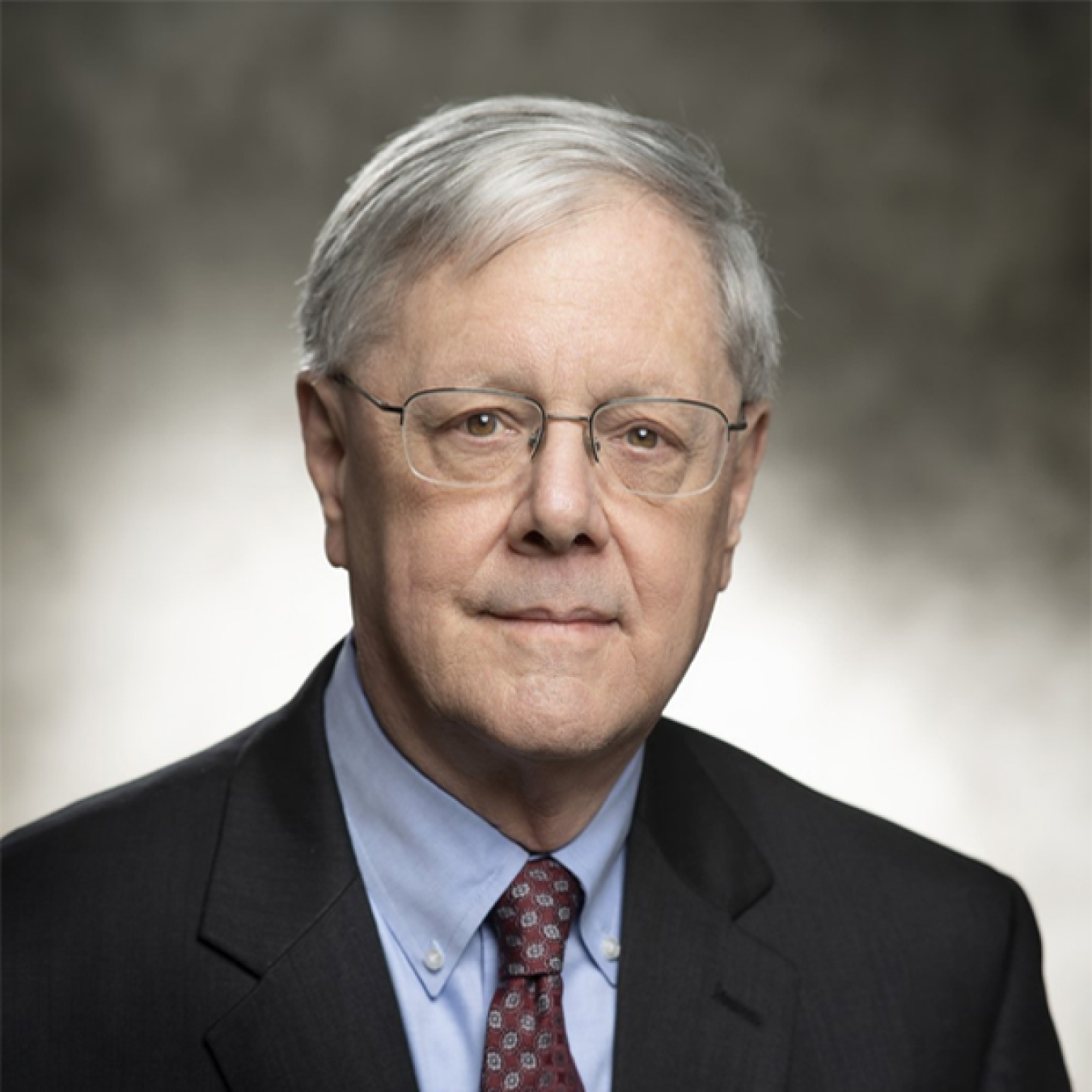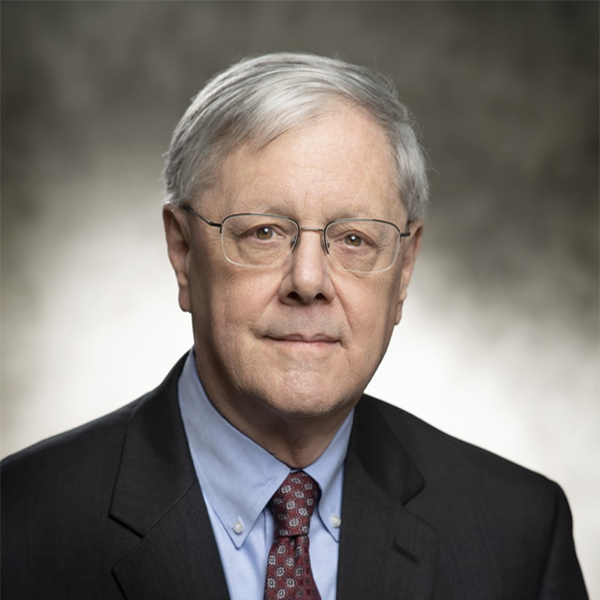The nation’s path toward a clean energy future, environmental sustainability, and U.S. competitiveness and national security depends on discovery science.
March 28, 2022The nation’s path toward a clean energy future, environmental sustainability, and U.S. competitiveness and national security depends on discovery science. Behind every advance in applied science and every technological innovation lie years or decades of basic research, stimulated by scientists’ curiosity about the world around us or inspired by potential uses of science in our innovation economy.
The President’s budget for the Office of Science (SC) for FY23 supports the very discoveries that drive U.S. innovation in three critical, interconnected areas:
The frontiers of science—exploring nature’s mysteries on Earth and throughout the cosmos, from the study of fundamental subatomic particles, atoms, and molecules that are the building blocks of the materials of our universe and everything in it to the DNA, proteins, and cells that are the building blocks of life.
21st Century tools of science—providing the nation’s researchers with 28 state-of-the-art national scientific user facilities, the most advanced tools of modern science in the world, propelling the U.S. to the forefront of science, technology development, and deployment through innovation.
Science for energy and the environment—building the knowledge foundation to advance the Department’s mission in energy and environment, and addressing the profound and urgent challenges of climate change.
The President’s budget provides the necessary resources for these pillars of our discovery science, with particular focus on Administration priorities including climate change and clean energy, artificial intelligence and machine learning, and preparing for biological threats. But there is also support for new directions and initiatives.
Moving breakthrough science into breakout technology is critical to delivering results to the American people. Our Accelerate Innovations in Emerging Technologies initiative will drive breakthrough discoveries to accelerate the creation, production, and commercialization of new technologies to form the basis of future industries with public and economic impact.
The budget also widens SC’s participation in DOE’s Energy Earthshots Initiative, establishing Energy Earthshot Research Centers (EERCs) that SC and DOE’s Energy Technology Offices will use to leverage the work of academic, National Laboratory, and industrial researchers at the interface between basic research and applied research.
Bringing the power of discovery to applied science and technology will require the best, most diverse STEM workforce in our history. Support for Funding for Accelerated, Inclusive Research (FAIR) will provide focused investment on enhancing research on clean energy, climate, and related topics at Minority Serving Institutions (MSIs), including attention to underserved and environmental justice regions. And this budget doubles funding for Reaching a New Energy Sciences Workforce (RENEW) to increase participation and retention of individuals from underrepresented groups in SC research activities.
The watchword for the Office of Science is Science Serving the Nation. We take this remit seriously. The President’s budget will give us unprecedented resources for basic research and the tools to pursue discovery to build better lives for all Americans.
Dr. J. Stephen Binkley

J. Stephen (Steve) Binkley served as the Principal Deputy Director in the Office of Science (SC) at the U.S. Department of Energy (DOE). In this capacity, Dr. Binkley was the senior career science official in the Office of Science, which is third largest Federal sponsor of basic research in the United States, the primary supporter of the physical sciences in the U.S., and one of the premier science organizations in the world.
As the Principal Deputy Director of SC, Dr. Binkley served as the principal overall advisor to the Director on all aspects of the Office of Science. Dr. Binkley determined the financial and personnel resources needed to achieve mission objectives and support mission operations; oversees and directs the internal organization, staffing, policies, and personnel authorities required to carry out the responsibilities of the organization, including the recruitment of senior managers and technical experts necessary to ensure the success of the programs. He ensured that program activities are strategically conceived and executed to maximize the benefit to organization, the Department, and the United States. Dr. Binkley also served as the champion for crosscutting issues that affect more than one program office and special research initiatives of priority to Director and the Department leadership.
Dr. Binkley has held senior positions at Sandia National Laboratories, the Department of Homeland Security (DHS), and the Department of Energy. He has conducted research in theoretical chemistry, materials science, computer science, applied mathematics, and microelectronics. At Sandia, Dr. Binkley managed computer science, fundamental chemistry, combustion science, and chemically reacting flow organizations. He also has served as the manager for the Office of Science’s Combustion Research Facility, at Sandia's Livermore, California location. Dr. Binkley managed Sandia's Office of Science Program, comprising activities in materials science, chemistry, geoscience, magnetic fusion energy, atmospheric measurement technology, and scientific computing at Sandia’s New Mexico and California locations. He also managed activities in Sandia’s national security program, including distributed information systems technology.
At DOE, Dr. Binkley served as a technical advisor to the Assistant Secretary of Defense Programs (subsequently the Deputy Administrator for Defense Programs after the establishment of the National Nuclear Security Administration). At DHS, Dr. Binkley served as the deputy director for technology within the DHS Operations Directorate, where he led and managed the development of systems for monitoring and disseminating situational awareness to federal, state, and local law-enforcement organizations and for coordinating emergency response activities. Returning to DOE in 2006, Dr. Binkley served as a senior technical advisor to the Under Secretary for Science and the Director of the Office of Science.
As head of SC’s Office of Advanced Scientific Computing Research, Dr. Binkley served as one of the Associate Directors for the Office of Science, and was responsible for the overall management of the ASCR program including: strategic planning; budget formulation and execution; project management; program integration with other Office of Science activities and with the DOE technology offices; and interagency integration.


